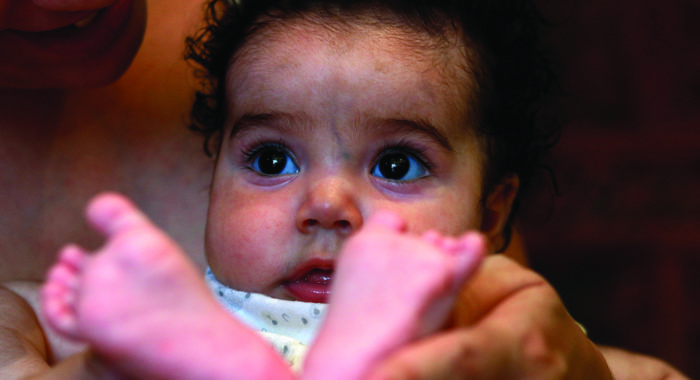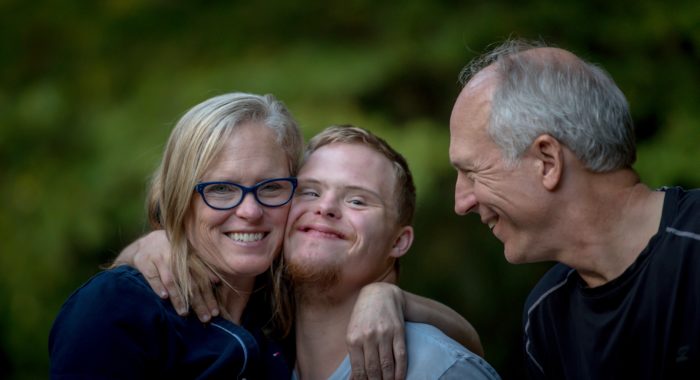
“Children are a heritage from the Lord, offspring a reward from him.” Psalm 127:3
“Honor your father and your mother, so that you may live long in the land the Lord your God is giving you.” Exodus 20:12
From the first pages of the Bible we see the central role of the family in God’s plan for human flourishing. God entrusts fathers and mothers with the care of their children. Science confirms the wisdom of God’s plan, revealing the critical importance of loving nurture between parents and newborns in promoting healthy brain development.[i] Children repay their debt when as adults they care for their elderly parents. A biblical vision of family entails mutual care in the vulnerable seasons of life including birth, illness, disability and death.
For too many families, however, work responsibilities and financial need prevent them from taking the time needed to bond with their baby or care for an elderly loved one. Only 6 percent of low-income workers, 5 percent of part-time workers, and 10 percent of small business employees receive any paid parental leave.[ii] As a result, one in four mothers returns to work within two weeks of giving birth. Nine in 10 fathers who don’t have paid leave go back to work within one week.
There is a growing bipartisan consensus that we can do better. Most rich countries invest far more in supporting families than we do.[iii] Allowing time for family care leads to healthier children and families. It is the right thing to do, and it need not break the bank.
Several models for paid family leave have been proposed. The expense can be shared by workers, employers and taxpayers. To control costs, programs can provide a minimum baseline of paid leave with greater assistance concentrated on low-income workers who may not otherwise be able to afford taking time off for family care.
The following principles can guide wise decisions by parents, employers and lawmakers:
- Parents bear the primary responsibility for the nurture and protection of their children. They should manage their finances and time in a way that prioritizes their children, particularly at the beginning of life, as well as provide for elderly, sick or disabled family members.
- Employers should be generous with employees who have care-giving responsibilities, giving them paid time off as feasible and offering flexible schedules, where possible, to help them balance work and family responsibilities.
- Lawmakers should enact reasonable policies and incentives and create fiscally responsible financial support mechanisms to enable all parents to take time off after childbirth, adoption and during family emergencies without suffering undue financial hardship.
[i] Jack P. Shonkoff and Deborah A. Phillips, “From Neurons to Neighborhoods: The Science of Early Childhood Development”, Committee on Integrating the Science of Early Childhood Development, Board on Children, Youth, and Families, 2000; “The Timing and Quality of Early Experiences Combine to Shape Brain Architecture: Working Paper No. 5” National Scientific Council on the Developing Child, 2005.
[ii] “Employee Benefits Survey,” Leave Benefits: Access, Table 32, Bureau of Labor Statistics, 2016, https://www.bls.gov/ncs/ebs/benefits/2016/ownership/civilian/table32a.htm (accessed February 15, 2019).
[iii] “Parental Leave Systems,” Organisation for Economic Co-operation and Development, October 2017, https://www.oecd.org/els/soc/PF2_1_Parental_leave_systems.pdf (accessed February 15, 2019).



 View All Updates
View All Updates 



























